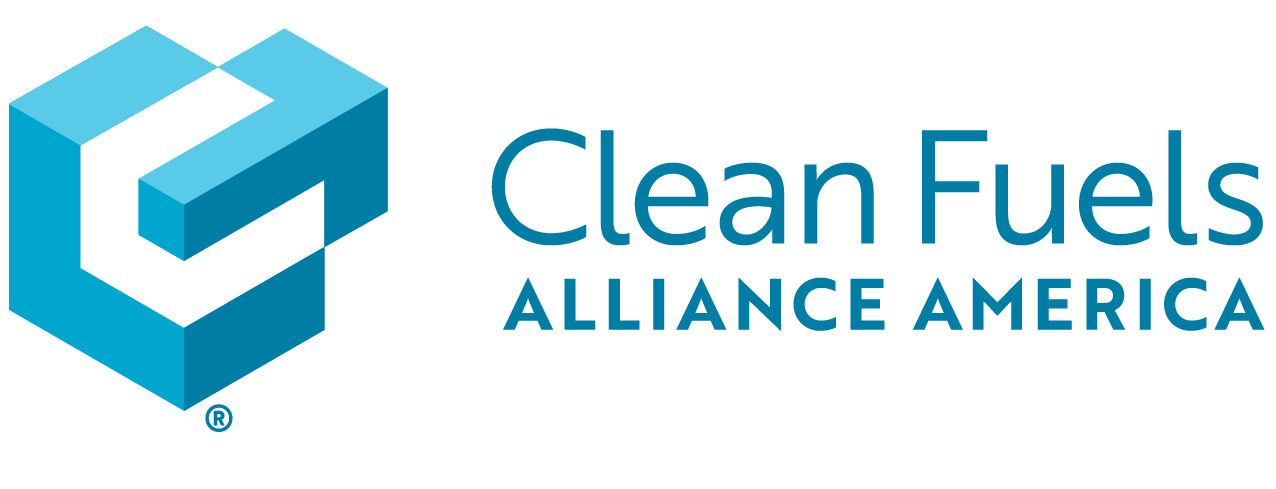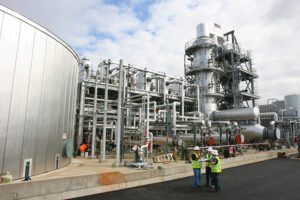WASHINGTON, DC – On Friday, Clean Fuels Alliance America submitted a written response to the U.S. Treasury’s request for comments (Notice 2022-58) on Credits for Clean Hydrogen and Clean Fuel Production (IRC §45Z). Clean Fuels urged Treasury to utilize Argonne National Laboratory’s GREET model to measure the lifecycle greenhouse gas emissions of sustainable aviation fuel (SAF). Clean Fuels also asked that Treasury allow producers to petition for provisional emissions reduction rates based on scores from California’s Low Carbon Fuel Standard.
“It is imperative that Treasury work with the U.S. Department of Energy and the U.S. Department of Agriculture to implement the carbon-based incentives using the best and most up-to-date agricultural and biofuel process information in its emissions rate methodology,” writes Clean Fuels Vice President of Federal Affairs Kurt Kovarik. “The International Civil Aviation Organization’s CORSIA model unfairly penalizes fuels produced from U.S. crop-based feedstocks and will prevent them from participating in the SAF market if that is the only model available to producers when the statute is implemented.”
Clean Fuels notes in its comments that the most recent update to the GREET model, published in October 2022, estimates that the average gallon of biodiesel and renewable diesel reduces emissions by approximately 72%, considering the U.S. biodiesel feedstock mix published by the U.S. Energy Information Administration (EIA).
Clean Fuels additionally asked Treasury to provide flexibility and incentivize continuous improvements that lead to lowered emissions by allowing SAF producers to petition for provisional emissions rates at any time.
Clean Fuels further urged Treasury and IRS to strictly adhere to the statutory prohibition on co-processed fuel, consistent with existing law under 40A for biomass-based diesel. “Congress recognized that providing a tax benefit for co-processed aviation fuels would be wasteful, inequitable, and pose a threat to existing biomass-based diesel production and a burgeoning stand-alone SAF industry,” Kovarik writes.
Lastly, Clean Fuels supports eligibility in the Clean Fuels Production Credit for use of biodiesel and renewable diesel in home heating oil, per the clarification offered by Sen. Ron Wyden (D-OR), chair of the Senate Finance Committee in colloquy with Sen. Margaret Hassan (D-NH).
Contact Paul Winters, pwinters@cleanfuels.org, 202-737-8804
ABOUT CLEAN FUELS ALLIANCE AMERICA
Made from an increasingly diverse mix of resources such as recycled cooking oil, soybean oil, and animal fats, the clean fuels industry is a proven, integral part of America’s clean energy future. Clean Fuels Alliance America is the U.S. trade association representing the entire biodiesel, renewable diesel and sustainable aviation fuel supply chain, including producers, feedstock suppliers and fuel distributors. Clean Fuels receives funding from a broad mix of private companies and associations, including the United Soybean Board and state checkoff organizations.





